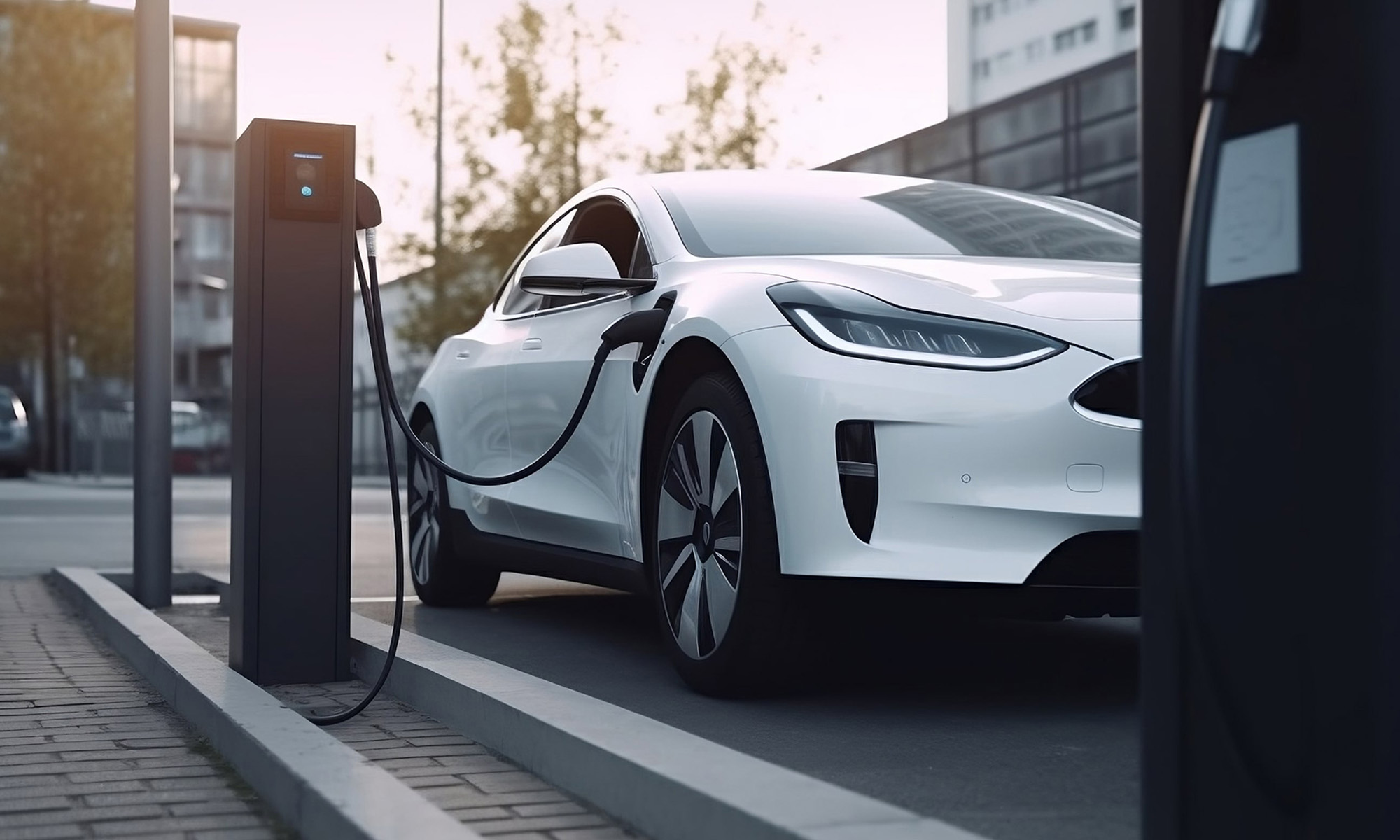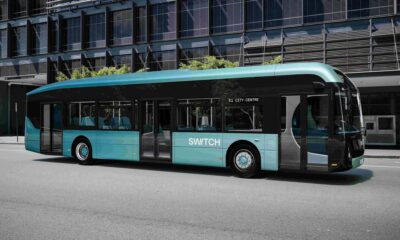News
Oman Plans To Have 22,000 EVs On Its Roads By 2030
The country also aims to distribute 350 chargers across busy arterial and public roads by 2026.

As Middle Eastern countries like the United Arab Emirates and Saudi Arabia invest huge sums of money into clean transport initiatives, Oman is also beginning efforts to decarbonize its roads. The ambitious plans by transport authorities hope to see an estimated 22,000 electric vehicles on the country’s roads by 2030.
According to the Minister of Transport, Communications, and Information Technology, Said Hamood al Maawali, the lofty goal will require expanding a network of 350 public chargers across the country by 2026.
“Technological advances have led to the development of dual-combustion vehicles, which have been implemented locally within the Sultanate of Oman. These breakthroughs have greatly contributed to reducing greenhouse gas emissions, estimated to have dropped by 40% from trucks and heavy equipment,” said Maawali in a recent newsletter.
Also Read: High-Speed Freight Link Hyperloop One To Shut Down
Oman’s larger sustainability and decarbonization goals aim to slash annual transport sector emissions (estimated at around 22 million tons) by 3% in 2030.
News
Rabbit Expands Hyperlocal Delivery Service In Saudi Arabia
The e-commerce startup is aiming to tap into the Kingdom’s underdeveloped e-grocery sector with a tech-first, locally rooted strategy.

Rabbit, an Egyptian-born hyperlocal e-commerce startup, is expanding into the Saudi Arabian market, setting its sights on delivering 20 million items across major cities by 2026.
The company, founded in 2021, is already operational in the Kingdom, with its regional headquarters now open in Riyadh and an established network of strategically located fulfillment centers — commonly known as “dark stores” — across the capital.
The timing is strategic: Saudi Arabia’s online grocery transactions currently sit at 1.3%, notably behind the UAE (5.3%) and the United States (4.8%). With the Kingdom’s food and grocery market estimated at $60 billion, even a modest increase in online adoption could create a multi-billion-dollar opportunity.
Rabbit also sees a clear alignment between its business goals and Saudi Arabia’s Vision 2030, which aims to boost retail sector innovation, support small and medium-sized enterprises, attract foreign investment, and develop a robust digital economy.
The company’s e-commerce model is based on speed and efficiency. Delivery of anything from groceries and snacks to cosmetics and household staples is promised in 20 minutes or less, facilitated by a tightly optimized logistics system — a crucial component in a sector where profit margins and delivery expectations are razor-thin.
Despite the challenges, Rabbit has already found its stride in Egypt. In just over three years, the app has been used by 1.4 million customers to deliver more than 40 million items. Revenue has surged, growing more than eightfold in the past two years alone.
Also Read: Top E-Commerce Websites In The Middle East In 2025
CEO and Co-Founder Ahmad Yousry commented: “We are delighted to announce Rabbit’s expansion into the Kingdom. We pride ourselves on being a hyperlocal company, bringing our bleeding-edge tech and experience to transform the grocery shopping experience for Saudi households, and delivering the best products – especially local favorites, in just 20 minutes”.
The company’s growth strategy avoids the pitfalls of over-reliance on aggressive discounting. Instead, Rabbit leans on operational efficiency, customer retention, and smart scaling. The approach is paying off, having already attracted major investment from the likes of Lorax Capital Partners, Global Ventures, Raed Ventures, and Beltone Venture Capital, alongside earlier investors such as Global Founders Capital, Goodwater Capital, and Hub71.






















